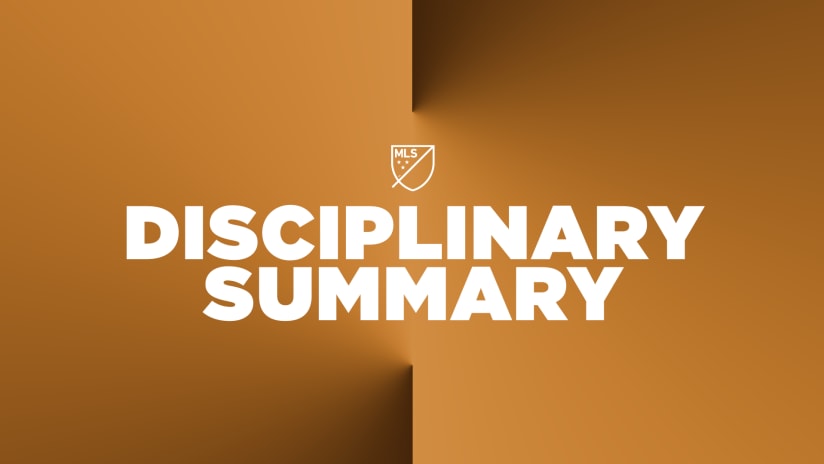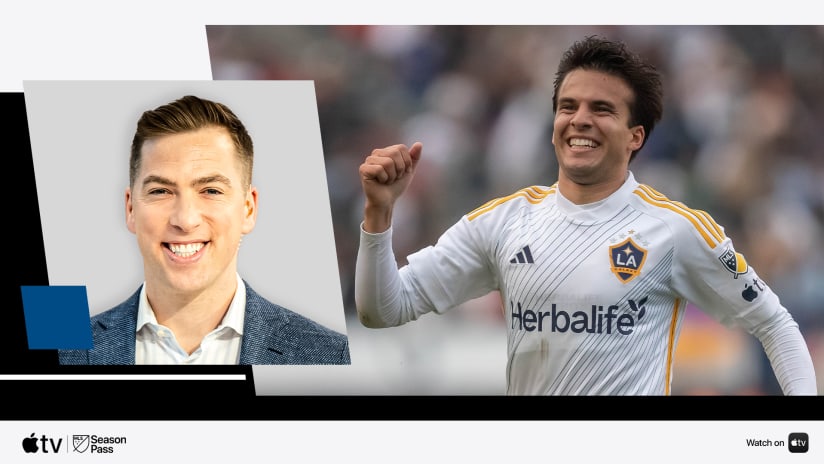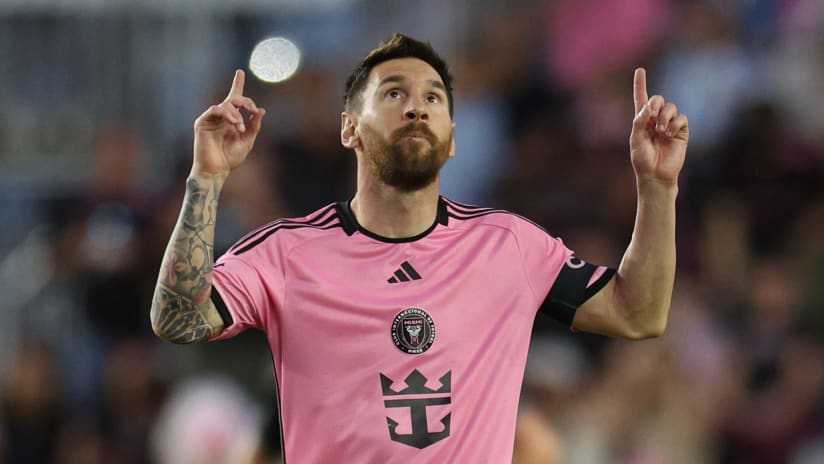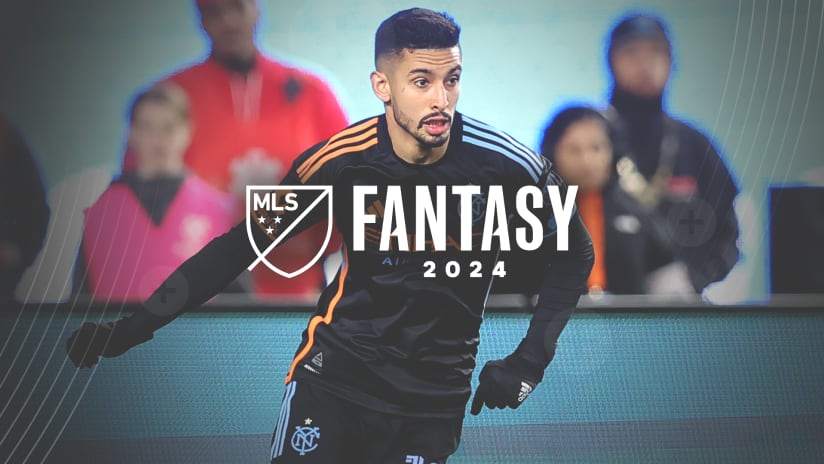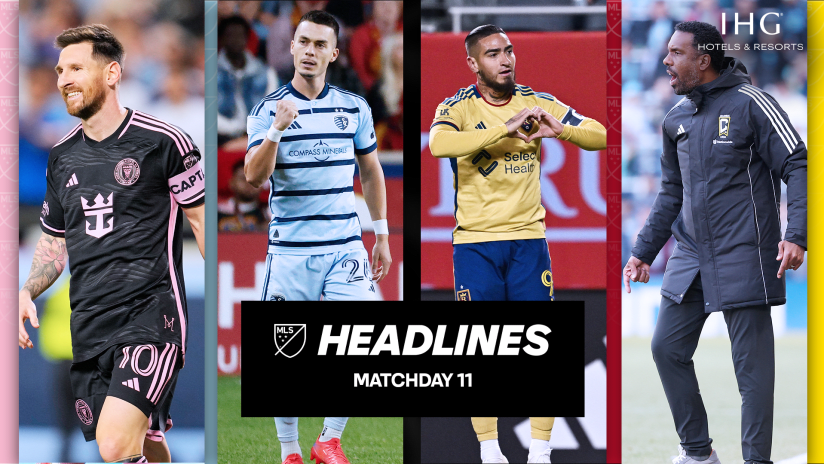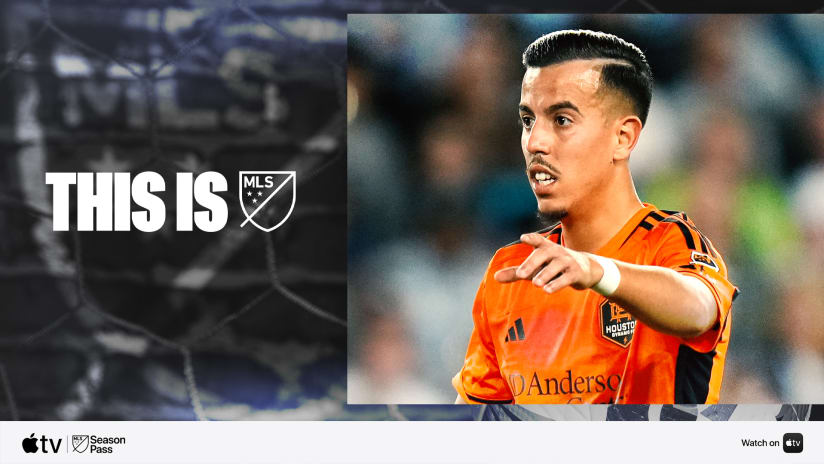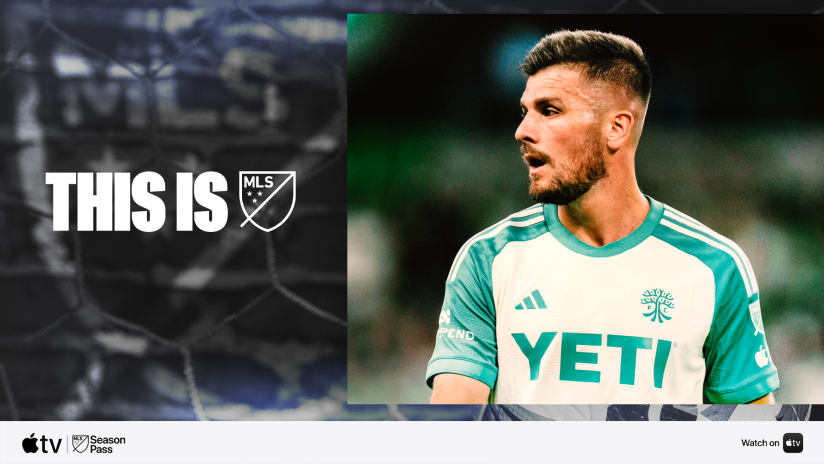NEW YORK - Sunil Gulati made it official Wednesday afternoon, as the president of U.S. Soccer announced that Bob Bradley has been named the head coach of the U.S. national team during a press conference at a midtown Manhattan hotel.
But as far as Bradley was concerned, it was a job he's had since December 8, when he was named interim head coach, replacing Bruce Arena.
"The opportunity to become the national team coach, whether its a day or a week or a month, it's something that so few people get a chance to do," Bradley said. "From that day on, every decision was always made based upon what was best for that moment, what was best for the long term, what made sense, what was best for the players. And the reason is this, it's because its the national team, it's the only way to do it."
The thought almost immediately after the World Cup was that Gulati was interested in a foreign coach, with Germany's Jurgen Klinsmann often considered the favorite. But after interviewing several foreign coaches and naming Bradley as the interim, Gulati said he essentially knew that Bradley would be the man for the job.
"Since then, I think it's fair to say a very large part of our focus has been on naming the guy who is on my right," Gulati said as he sat on the dais with Bradley.
Bradley, the winningest coach in Major League Soccer history, has already made history as the U.S. coach, becoming the first to win his first three games. And that includes a 2-0 win against CONCACAF rival Mexico. The New Jersey native has come a long way since being fired as the MetroStars coach late in the 2005 season. That experience, Bradley said, helped him reach the pinnacle of soccer coaching in this country.
"When you coach professionally, you probably don't become a real coach until you know what failure is all about," he said. "Humility is incredibly important. You learn that you never know what's around the next corner so it's really important to believe in what you're doing and concentrate on it every day. ... What I learned most of all is that I'm quite strong with the whole thing, I have a great family to help me with that and I'm pretty honest and pretty humble."
As he worked his way up the ladder in MLS, Bradley said he's learned different things along the way. Coaching Peter Nowak, his U.S. national team assistant, he said he's learned to allow his team to "enjoy the victory, to enjoy the moment," although he is also quick to point out that he's still a work in progress in that regard.
"I still get criticized for not smiling. It's not easy to smile during a game," Bradley said. "Your team just scored a goal and as a coach immediately you're thing, 'Can we hold that lead?' The game's over and you should be happy and you're thinking, 'If we make those few mistakes again, we won't win the next game.'"
With the MetroStars, he got a sense of how valuable it is to be part of a national team from World Cup champion Youri Djorkaeff.
"Youri is very much a cosmopolitan guy, very much a guy who likes to do his own thing and at times he's aloof. With every club team he ever played on, he always chose to live center city, penthouse, the whole bit," Bradley said. "But he always told me, it was always different every time he went to the national team, that those were players, some of whom he knew for a long time, that they understand the honor of being there and what they needed to try to accomplish together."
And with Chivas USA, he learned about the passion the game evokes from people who have a lifelong association with a club. And he also learned Spanish - un poquito.
"When we played Mexico, I tried my best to answer some questions in Spanish," Bradley said. "My Spanish teacher [Chivas USA Director of Communications] Keegan Pierce, who at Chivas would help me in the mornings, told me that the press was very impressed with my Spanish and I don't believe him. I will continue to try and learn."
Bradley has already tried to implement some changes as the U.S. prepares for the CONCACAF Gold Cup as well as Copa America this summer. He is rotating the captain's armband and is trying to get the players to invest more into a team mentality. He referenced the 1980 U.S. Olympic hockey team as an example of what he'd like in his team.
"They were together for months prior to the Olympics, there was no guarantee that any of them were going to make the final team, they played for a coach that purposely established an environment that he was very hard on them," Bradley said. "[Herb Brooks] didn't want them to like him or know him. And unless you were a true hockey aficionado, no one knew any of those players' names before the Olympics. But after the team had success, everyone knew of them."
And it's a mentality he said World Cup champion Italy shared last summer.
"You have players who compete against each other in a competitive league week in and week out, but throughout that event, they were blood brothers," he said. "It's very important that our players understand that."
As for his job, there are differences that he is trying to get used to. He is not on the training pitch every day, like he was as a club coach. He tries to watch every MLS game as well as European games featuring U.S. players and there's dealing with trying to get European clubs to issue releases for players. But while Bradley is learning on the job, he now officially has the job.
Not that his approach has been any different.
Dylan Butler is a contributor to MLSnet.com. This story was not subject to the approval of Major League Soccer or its clubs.




